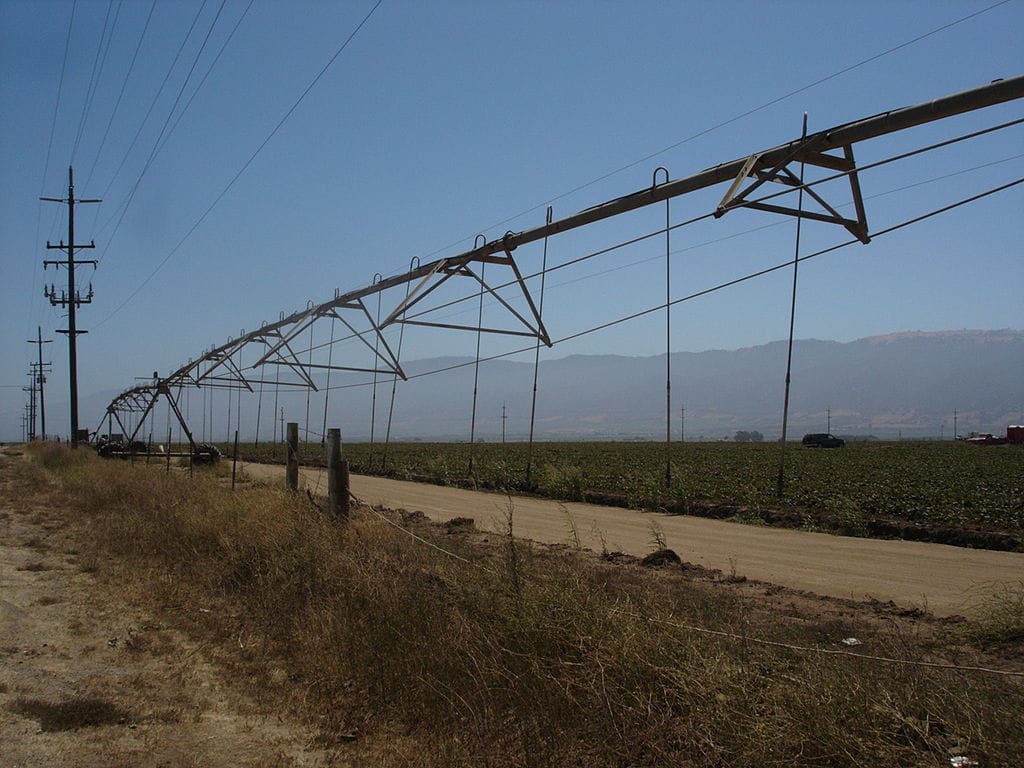Coronavirus Roundup: SiFi Networks Scores $450 Million, Universal Broadband in California Town, COVID-Negative Certifications
Investments of up to $450 million will help to bring high-speed fiber connectivity to millions across the country, said fiber company SiFi Networks. The company announced Tuesday that it had recently secured the funding and will use it to expand infrastructure and hire specialists in several new cit










Member discussion